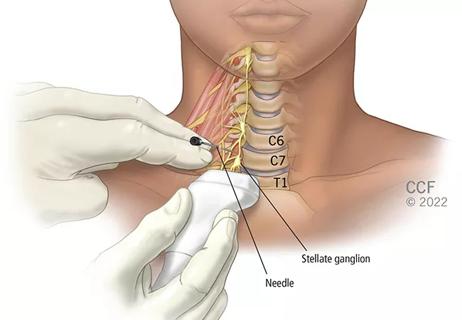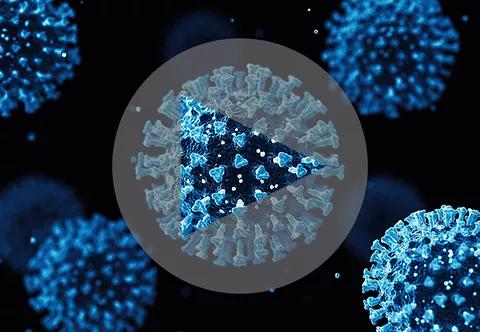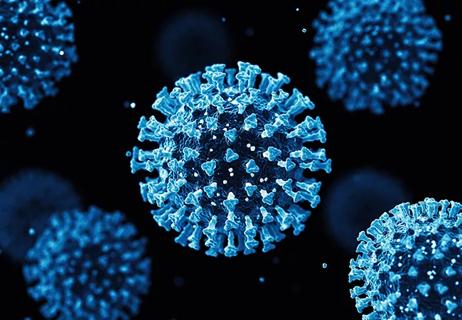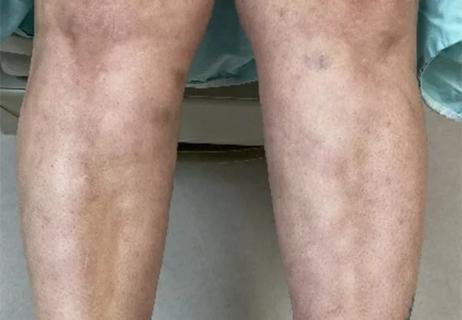
Since the start of the coronavirus pandemic there has been much speculation about the role of various vitamins and supplements to prevent or treat COVID-19. Seth R. Bauer, PharmD, Aanchal Kapoor, MD, Mary Rath, RD, LD, and Suma A. Thomas, MD, MBA, in the Cleveland Clinic Journal of Medicine, took a closer look at the role of supplementation with ascorbic acid, zinc, vitamin D and N-acetylcysteine. Here is an overview of what they have reported.
Advertisement
Cleveland Clinic is a non-profit academic medical center. Advertising on our site helps support our mission. We do not endorse non-Cleveland Clinic products or services. Policy
Currently there is no robust research to support supplemental therapy for the prevention or treatment of patients with COVID-19. At this point in time, ascorbic acid, zinc, vitamin D, and N-acetylcysteine are noted as biologically plausible for the prevention and treatment of COVID-19, however, additional research is needed to look at taking these agents for treatment. Here we take a look at their biologic plausibility, clinical data and potential role.
Zinc is known to be important for immune function. It has a role in antibody and white blood cell production and fights infections, while zinc deficiency increases inflammation and decreases the production of antibodies. High-dose zinc has also been found to reduce the duration of symptoms of the common cold. It is not yet clear whether zinc supplementation benefits patients with lower respiratory tract infections such as COVID-19. Because of its role in immune function and potential to decrease coronavirus replication, zinc is currently being investigated for the treatment of patients with COVID-19.
Vitamin D deficiency is common, with lack of sun exposure, older age, corticosteroid use and darker skin associated with lower concentrations of 25-hydroxyvitamin D. This deficiency is associated with a higher incidence of acute respiratory infections. It is also hypothesized that there is a link between seasonal influenza and vitamin D deficiency. Vitamin D supplementation has also been shown to decrease the incidence of acute respiratory infection. While it has yet to be studied for prevention of COVID-19 infection and should not be recommended to patients, some recent articles have recommended taking daily supplements to raise 25-hydroxyvitamin D concentrations to reduce infection risk.
Advertisement
Ascorbic acid, or vitamin C, is an antioxidant, with a number of studies suggesting that vitamin C supplementation impacts the immune system. Additionally, studies in birds have shown that vitamin C might protect against avian coronavirus infection, with human trials finding that vitamin C may decrease susceptibility to viral respiratory infections and pneumonia. New clinical trials are underway in China and the United States to determine if vitamin C might be used as a treatment for COVID-19.
N-acetylcysteine is converted to glutathione, which is an antioxidant that is depleted due to oxidative stress or systemic inflammation. Administration in vitro and in vivo leads to anti-inflammatory effects and antioxidant effects in a number of pulmonary diseases, including viral pneumonia and acute respiratory distress syndrome. Because patients with COVID-19 have evidence of systemic inflammation, often have their course complicated by acute respiratory distress syndrome, and may have respiratory mucus buildup limiting adequate airflow, systemic or aerosolized N-acetylcysteine (or both) may be beneficial in this specific patient population.
There does not seem to be a role for N-acetylcysteine supplementation to prevent COVID-19. However, N-acetylcysteine administration may improve outcomes in patients with established COVID-19 and should be studied further.
For the details on these supplements as they relate to COVID-19, the full article from Cleveland Clinic Journal of Medicine’s COVID-19 Curbside Consults, with references, can be found here.
Advertisement
Advertisement

Patients report improved sense of smell and taste

Clinicians who are accustomed to uncertainty can do well by patients

Unique skin changes can occur after infection or vaccine

Cleveland Clinic analysis suggests that obtaining care for the virus might reveal a previously undiagnosed condition

As the pandemic evolves, rheumatologists must continue to be mindful of most vulnerable patients

Early results suggest positive outcomes from COVID-19 PrEP treatment

Could the virus have caused the condition or triggered previously undiagnosed disease?

Five categories of cutaneous abnormalities are associated with COVID-19